
CIAA Appeals to Supreme Court Against Special Court Verdict on Lalita Niwas Land Case
The Commission for the Investigation of Abuse of Authority (CIAA) has lodged an appeal at the Supreme Court, challenging the Special Court’s verdict on the Lalita Niwas land embezzlement case, citing errors in the decision.
The CIAA expressed dissatisfaction with the Special Court’s ruling that acquitted several defendants, including Kaladhar Deuja, who were accused of illegally transferring government-owned land at Lalita Niwas to private individuals and organizations. The CIAA had initially filed the corruption case on February 5, 2020, implicating 175 individuals, including former ministers and high-ranking government officials.
On February 15, 2024, the Special Court acquitted several political figures and former officials while holding a few employees and others partially accountable. In its appeal, the CIAA has re-listed former ministers Bijay Kumar Gachhadar, Dambar Shrestha, and Chandradev Joshi as defendants.
The Commission argued that the Special Court’s decision lacked fair analysis of the presented evidence, failing to hold those who gained illegal benefits through undue influence accountable. It asserted that the defendants should be found guilty and penalized based on the evidence.
CIAA spokesperson Narahari Ghimire stated that the appeal was filed due to discrepancies in the Special Court’s judgment, which allegedly misinterpreted evidence and overlooked individual criminal liability under the guise of collective decision-making by the Council of Ministers.
The CIAA had previously investigated irregularities involving 136 ropanis of land, implicating 60 government employees, 32 individuals as landowners or tenants, 18 commission agents, and 65 others for property confiscation. The Commission contended that the acquittals were based on flawed legal interpretations and misrepresentation of facts.
In the appeal, the CIAA emphasized that the influence, status, or position of individuals involved in criminal offenses should not be grounds for exemption from liability. The Commission also referenced legal precedents from neighboring countries to support its argument for overturning the Special Court’s decision.
- High-Level Commission Calls for Sweeping Legal and Institutional Reforms to Revive Nepal’s Economy
- High-Level Commission Recommends Investment-Friendly Reforms and Lowering Production Costs
- Fugitive Durga Prasai Arrested in Jhapa, Being Transferred to Kathmandu
- President Paudel Extends Greetings on Mahavir Jayanti
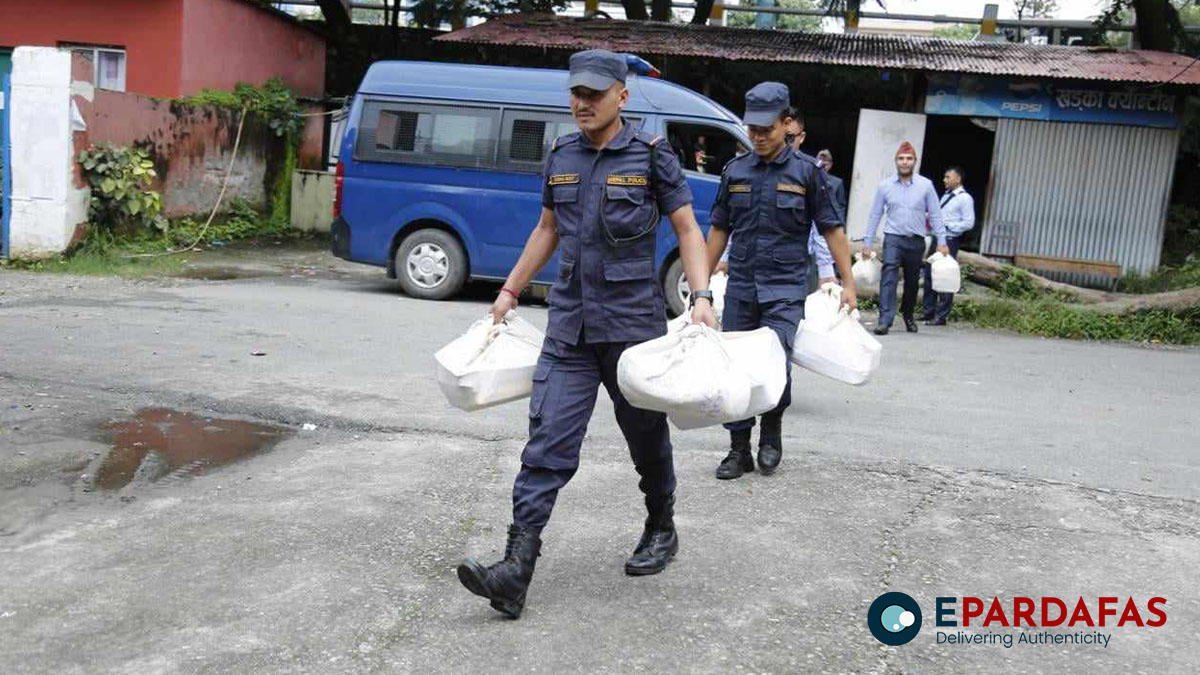
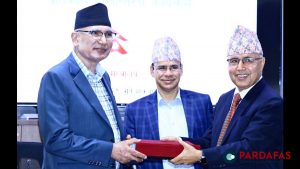

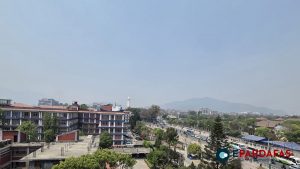

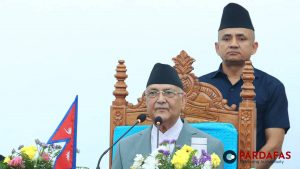
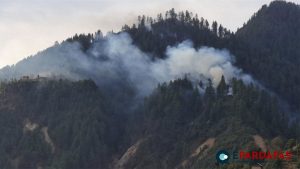




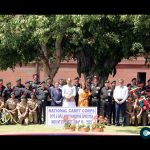

Comments